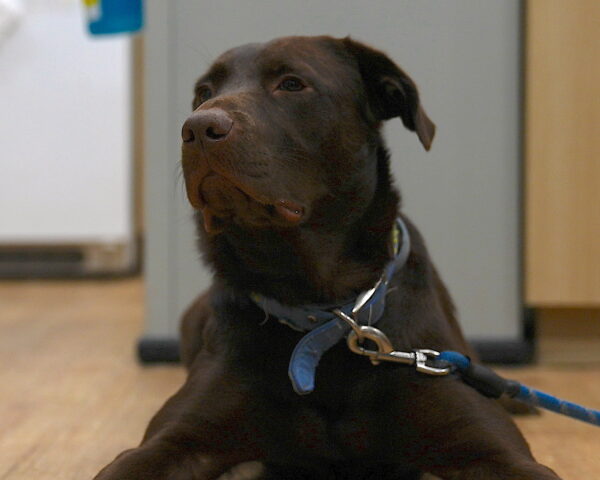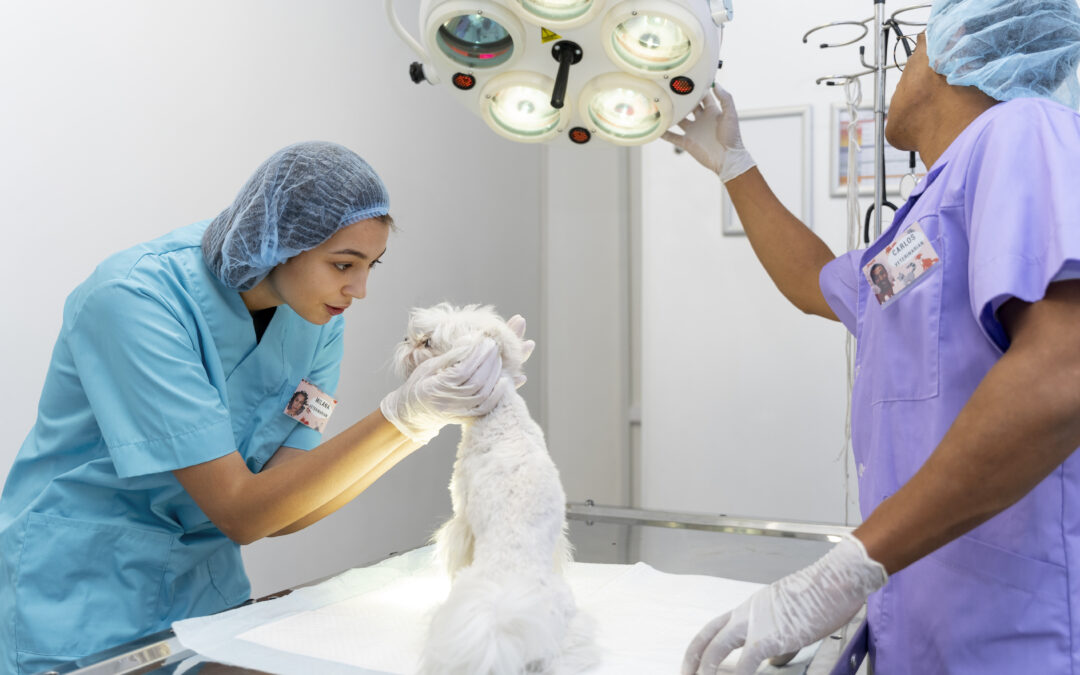 Tetrahydrocannabinol (THC) or intoxication from marijuana is something we often see at Veterinary Urgent Care Center, particularly more so now given the increased prevalence and legality of the substance in Massachusetts and neighboring states.
Tetrahydrocannabinol (THC) or intoxication from marijuana is something we often see at Veterinary Urgent Care Center, particularly more so now given the increased prevalence and legality of the substance in Massachusetts and neighboring states.
Dan Mordarski, DVM, of VUCC Quincy and Easton, provides information about what you should watch out for if you believe your dog or cat has ingested marijuana by accident.
Please note, VUCC does not condone or judge the use of marijuana products. We are solely educating for the safety of our pets!
- Dogs may tend to be a little more curious with eating foreign objects… so please make sure you keep it out of reach of your pets. There is no established “toxic” dosage of THC for dogs. Some dogs appear to be quite sensitive, needing only very small amounts to produce signs of intoxication, whereas other dogs may be able to tolerate mild exposures with only minimal side effects.
- Classic signs of THC exposure…the first thing you may notice is some vomiting (typically only about 1–2 times, following ingestion). Your pet might experience sedation, lethargy, or ataxia (think of someone who has had a bit too much to drink and is wobbly on their feet.) Be mindful of urinary incontinence, if your pet is dribbling urine unconsciously. A tell-tale sign is something called “hyperesthesia”, which is an over-reaction to certain stimuli, such as fast motions or sounds. This last one, owners will often report that the dog seems excessively twitchy, or is trying to run away from them when attempting to pet.
- Warning signs happen quickly…. typically within about 30 minutes to maybe up to four hours post-exposure. The majority of cases will have signs lasting from only a few hours to 24 hours; rare cases have been documented to persist up to 72 hours.
- In the majority of cases, THC ingestion will not cause life-threatening illness. Most cases will resolve with some very basic supportive care measures and monitoring. Having said that, depending on the dosage ingested and the animal’s tolerance, as well as other potential pre-existing conditions, some dogs can be very severely affected and require more extensive medical care. In fact, even some mild cases can have secondary complications, the most concerning being “aspiration pneumonia” where the pet may accidentally inhale some vomit.
We recommend that any pet exposed to a THC product be evaluated by a veterinarian. Basic vitals, a blood pressure assessment, and a thorough neurological evaluation should be conducted to determine how severely the pet is affected and to talk about what to monitor for at home.
In addition to an exam, we can administer some basic supportive treatments, such as fluids and nausea medications, to reduce the risk of secondary complications and speed up recovery.
The good news is that MOST of these cases can probably be treated as outpatients and monitored at home, avoiding the need for overnight monitoring and extensive care in an emergency room or intensive care unit.
If you are going to partake, we highly recommend keeping marijuana in a safe place, out of the reach of your pets.
If you believe your pet has ingested marijuana and need to seek care, please visit our online scheduler to book an appointment or view our hours before you walk in here: https://www.clockwisemd.com/groups/538




